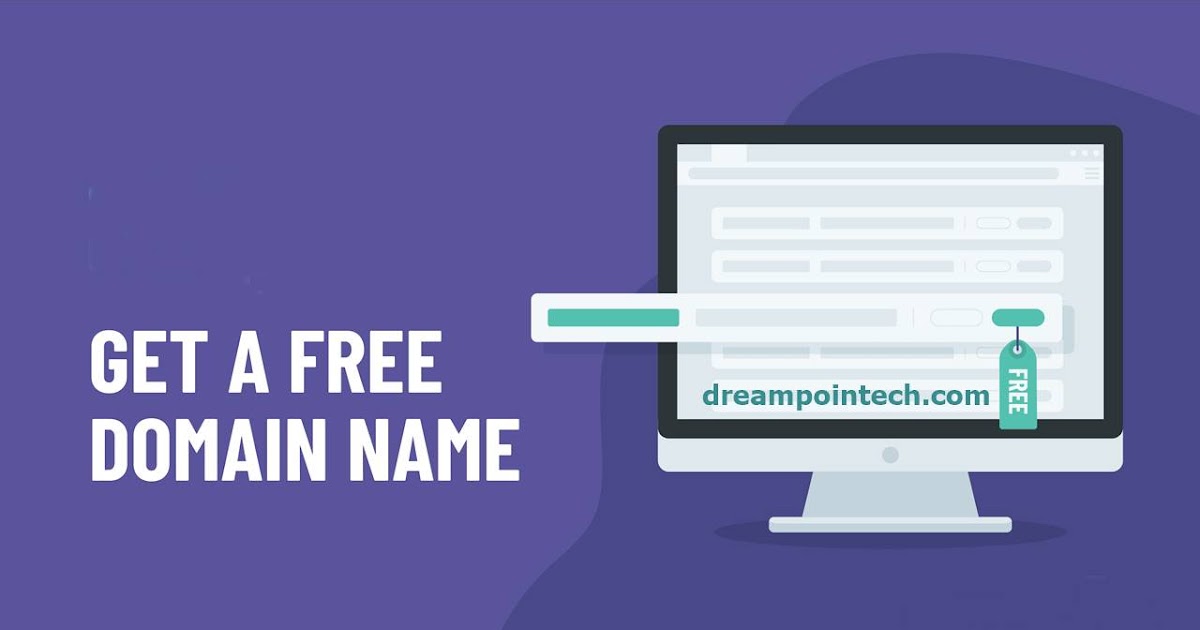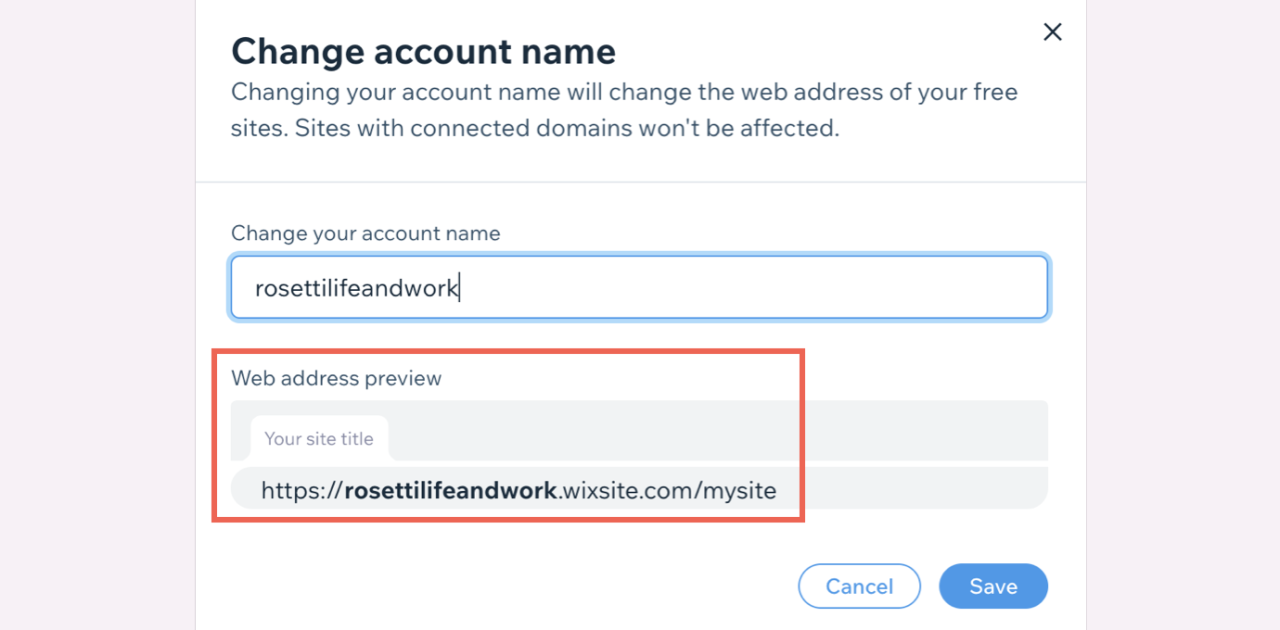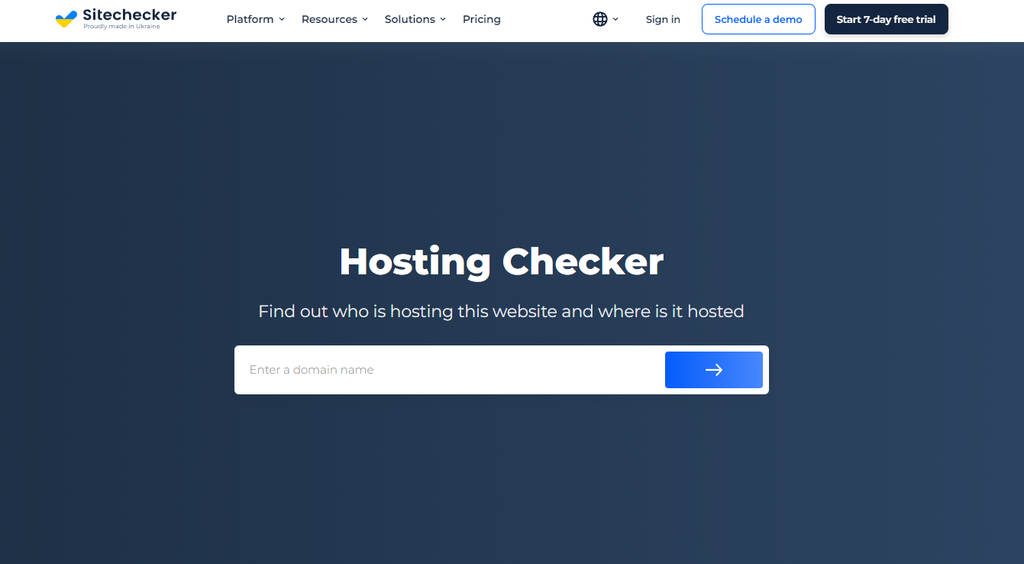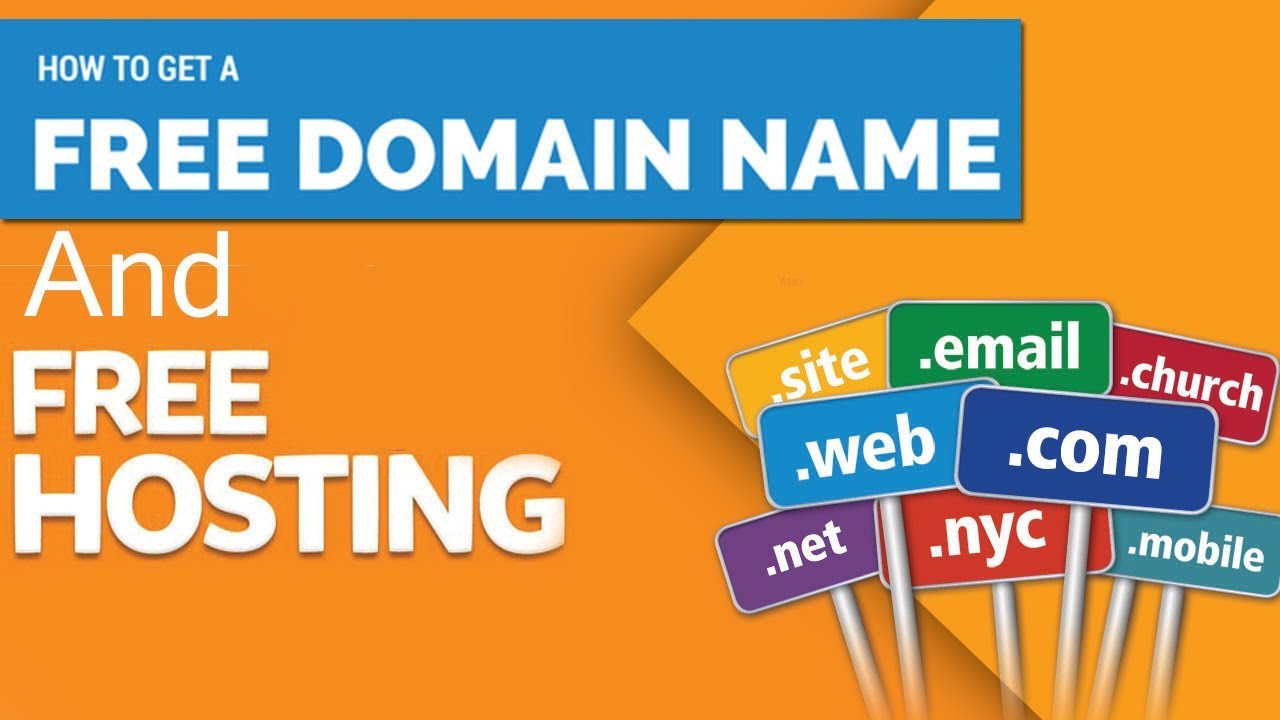Totally free domain name without hosting – Totally free domain names without hosting might sound too good to be true, but they do exist! These services offer a tempting way to establish an online presence without paying for a domain name or hosting. However, it’s crucial to understand the limitations and trade-offs involved before diving in.
While free domain names might seem appealing, they often come with restrictions on features, branding, and control. This article delves into the world of free domain names, exploring their benefits, drawbacks, and alternatives. We’ll also examine the impact of free domain names on branding and search engine optimization (). Whether you’re launching a personal project, building a hobby website, or starting a small business, understanding the nuances of free domain names is essential.
Understanding “Totally Free” Domain Names

A “totally free” domain name without hosting might seem like a dream come true – a website address without any costs. While this is possible, it’s crucial to understand that there’s a trade-off. These free domain names come with limitations that can impact your website’s functionality, branding, and overall control.
Free Domain Name Services
Several services offer free domain names, typically bundled with free hosting or as part of a larger package. These services often have specific requirements and limitations. Some common examples include:
- Free Web Hosting Services: Many free web hosting providers offer a free domain name as part of their package. These services usually include limited storage space, bandwidth, and features. Examples include 000webhost, Freehostia, and AwardSpace.
- Domain Name Registrars: Some domain name registrars offer free domain names for a limited period, usually as a promotional offer. However, you’ll need to pay for the domain name renewal after the free period. Examples include GoDaddy, Namecheap, and HostGator.
- Website Builders: Many website builders, such as Wix, Squarespace, and Weebly, offer free domain names with their basic plans. These domains are usually subdomains of the website builder’s domain, like “yourwebsite.wixsite.com.”
Limitations of Free Domain Names
Free domain names come with various limitations, impacting branding, features, and control.
- Branding: Free domain names often include the service provider’s name in the domain, such as “yourwebsite.freewebspace.com.” This can affect your website’s branding and make it look less professional.
- Features: Free domain names usually come with limited features, such as email forwarding, DNS management, and custom domain settings. You might not be able to access advanced features like custom DNS records or domain privacy protection.
- Control: Free domain names often have limited control over your website. You may not be able to customize your domain name, change your DNS settings, or transfer the domain to another registrar. This can make it difficult to manage your website and control your online presence.
- Security: Free domain names might not offer the same level of security as paid domains. They may be more susceptible to phishing attacks or malware, as they may not have the same security measures in place.
Free Domain Name Providers: Totally Free Domain Name Without Hosting
While totally free domain names without hosting might sound appealing, it’s crucial to understand the limitations and potential downsides before making a decision. These free options often come with trade-offs, such as restricted features, limited functionality, and potential branding restrictions.
Free Domain Name Providers
Several providers offer free domain names with varying terms and conditions. Here’s a comparison of some popular options:
| Provider | Features | Limitations | Target Audience |
|---|---|---|---|
| Freenom | Wide range of domain extensions, free web hosting, email forwarding, DNS management | Limited domain extensions, ads on websites, restricted functionality, potential for website downtime | Individuals and small businesses looking for a basic website presence |
| Dot.tk | Free domain name registration, free DNS management, easy setup | Limited domain extension (.tk only), potential for spam and malware issues, restricted functionality | Individuals and small businesses looking for a free domain name for a simple website or blog |
| Namecheap | Free domain name for a year with paid hosting plan, wide range of domain extensions, free DNS management | Requires a paid hosting plan, limited free domain extension options, potential for renewal fees | Individuals and small businesses looking for a free domain name with a paid hosting plan |
| Google Domains | Free domain name for a year with Google Workspace, wide range of domain extensions, free DNS management | Requires a paid Google Workspace subscription, limited free domain extension options, potential for renewal fees | Individuals and businesses using Google Workspace services |
Free Domain Name Alternatives
While totally free domain names might seem appealing, they often come with limitations and drawbacks. Fortunately, there are alternative options that offer more flexibility and control.
Free Subdomain with Free Hosting Provider
Free hosting providers, like Wix, Weebly, and 000webhost, often include a free subdomain as part of their service. This means your website address will look like “yourwebsite.wixsite.com” or “yourwebsite.weebly.com.”
- Ease of Use: Free hosting platforms typically offer user-friendly website builders, making it easy to create a basic website without any coding knowledge.
- Cost-Effective: Free hosting providers offer a completely free service, making it an attractive option for budget-conscious individuals or those starting out.
- Limited Features: Free hosting plans often come with limitations such as restricted storage space, bandwidth, and features. You might also encounter ads on your website.
- Branding Restrictions: Using a free subdomain means your website address will include the hosting provider’s name, which can affect your brand image and professionalism.
Free Domain Name with Paid Hosting Plan
Some hosting providers offer a free domain name as a bonus when you sign up for a paid hosting plan. This means you can have a custom domain name (e.g., “yourwebsite.com”) without paying extra for the domain registration.
- Custom Domain Name: You can choose a domain name that reflects your brand and website’s purpose, creating a professional online presence.
- Increased Control: You have more control over your website’s appearance and functionality, as you are not limited by the free hosting provider’s restrictions.
- Hosting Costs: You will still need to pay for the hosting plan, which can range in price depending on the features and resources you require.
- Limited Free Domain Offers: Free domain offers are often temporary promotions and may not be available for all hosting plans or providers.
Free Domain Name Services vs. Paid Domain Name Registrars, Totally free domain name without hosting
Free domain name services, like Freenom and Dot.tk, offer free domain names with certain extensions (e.g., .tk, .ml, .ga). These services are often used for personal projects or testing purposes. Paid domain name registrars, like GoDaddy, Namecheap, and Google Domains, offer a wide range of domain extensions and provide additional features like domain privacy protection and DNS management.
- Cost: Free domain name services are completely free, while paid registrars charge a fee for domain registration and renewal.
- Domain Extensions: Free services typically offer limited domain extensions, often with less popular or country-specific options. Paid registrars provide a wider selection of extensions, including popular options like .com, .net, and .org.
- Features: Free services often lack advanced features like domain privacy protection, DNS management, and email forwarding. Paid registrars offer these features for an additional cost.
- Reliability: Free domain name services may have less reliable uptime and customer support compared to paid registrars.
Considerations for Choosing a Free Domain Name
Choosing a free domain name is a great way to get your website online without spending any money. However, there are some important factors to consider before you make your decision.
While you’re not paying for the domain name itself, there are often trade-offs involved with free domains. These can include limitations on the features available, restrictions on the types of websites you can create, or even potential branding issues. Understanding these trade-offs is crucial to making the right choice for your needs.
Domain Name Length
The length of your domain name can significantly impact its memorability and user experience. Shorter domain names are generally easier to remember and type, making them more accessible to potential visitors.
- Short and catchy: A shorter domain name like “myblog.com” is easier to remember and type than a longer one like “mylongblogaboutmypassionforcats.com.”
- Avoid overly long names: Long domain names can be difficult to remember and may discourage users from visiting your website.
Domain Name Relevance
Your domain name should be relevant to the content of your website. This helps users understand what your website is about and makes it easier for them to find you through search engines.
- Clear and descriptive: A domain name like “travelblog.com” clearly indicates that the website is about travel.
- Use s: Incorporating relevant s in your domain name can improve your search engine ranking.
Domain Name Memorability
A memorable domain name is one that users can easily recall and share with others. This can be achieved through a variety of techniques.
- Use a catchy phrase: A domain name like “thehappyreader.com” is more memorable than a generic name like “bookreviews.com.”
- Make it easy to pronounce: A domain name like “technoworld.com” is easier to pronounce than “techn0w0rld.com.”
Domain Name Extensions
The domain name extension, or top-level domain (TLD), comes after the dot in your domain name (e.g., “.com”, “.org”, “.net”). The choice of extension can impact your brand perception and the type of website you are associated with.
- .com: The most common and recognizable extension, often associated with commercial websites.
- .org: Typically used for non-profit organizations or community-based websites.
- .net: Originally intended for network-related websites, but now widely used for various purposes.
- Country-specific extensions: Extensions like “.uk” (United Kingdom) or “.de” (Germany) can be used to target specific geographic regions.
The Impact of Free Domain Names on Branding

Free domain names, while seemingly attractive due to their cost-effectiveness, can have a significant impact on a brand’s image and perception. Choosing the right domain name is crucial for establishing a professional online presence and building trust with your audience.
The Potential Impact of Using a Free Domain Name on Brand Image
The use of a free domain name can negatively impact a brand’s image in several ways. Firstly, it can create an impression of unprofessionalism and lack of seriousness. Free domain names often include the provider’s name in the URL, such as “yourwebsite.freewebsiteprovider.com.” This can make the website appear less credible and trustworthy. Secondly, free domain names can be associated with spam or low-quality websites. This association can damage the brand’s reputation and deter potential customers. Finally, free domain names often come with limited features and functionality, which can further compromise the brand’s image.
Free Domain Names and Search Engine Optimization ()
Free domain names, while offering a cost-effective way to establish an online presence, can present unique challenges when it comes to search engine optimization (). Understanding these challenges and implementing appropriate strategies can significantly impact your website’s visibility and organic traffic.
Challenges with Free Domains
Free domain names often come with limitations that can hinder your efforts. These limitations can include:
- Limited Customization: Free domain providers typically restrict the customization options for your domain name, often forcing you to use a subdomain or a specific domain structure. This can make it difficult to create a memorable and brand-consistent domain name.
- Negative Perception: Search engines may perceive free domains as less reputable or professional compared to paid domains. This can lead to lower rankings in search results, especially for competitive s.
- Limited Control: Free domain providers may have control over your domain name, potentially impacting its availability or even leading to its termination. This can disrupt your website’s online presence and efforts.
- Spam Association: Free domains are often associated with spam or low-quality websites. This can negatively impact your website’s reputation and search engine rankings.
Strategies for Optimizing Websites with Free Domains
Despite the challenges, it’s still possible to optimize a website with a free domain for better search engine visibility. Consider these strategies:
- Focus on High-Quality Content: Create valuable and engaging content that addresses your target audience’s needs and interests. This will help improve your website’s authority and attract backlinks from other reputable websites.
- Optimize On-Page Elements: Use relevant s in your website’s title tags, meta descriptions, headings, and content. Ensure your website is mobile-friendly and has a fast loading speed.
- Build Backlinks: Earn backlinks from high-quality websites to increase your website’s credibility and authority in the eyes of search engines. This can be achieved through guest blogging, directory submissions, and social media engagement.
- Utilize Social Media: Promote your website on social media platforms to increase its visibility and drive traffic. Share your content and engage with your audience to build brand awareness and generate backlinks.
- Monitor and Analyze: Track your website’s performance using analytics tools to identify areas for improvement. Analyze your search engine rankings and traffic data to understand what’s working and what needs to be adjusted.
The Impact of Free Domains on Branding
Free domains can negatively impact your branding efforts due to the limitations associated with them. For instance, using a subdomain can create a less professional and memorable brand identity. Additionally, the negative perception associated with free domains can damage your brand’s reputation.
Free Domain Names for Personal Projects and Hobbies
Free domain names can be a valuable tool for showcasing personal projects and hobbies online. They provide a platform to share your work, build a following, and connect with others who share your interests.
Advantages of Using Free Domain Names for Personal Websites and Portfolios
Free domain names offer several advantages for personal projects and hobbies, making them an attractive option for individuals looking to establish an online presence.
- Cost-Effectiveness: Free domain names eliminate the financial barrier to entry, allowing individuals to establish a website without incurring any upfront costs. This is particularly beneficial for hobbyists and those with limited budgets.
- Ease of Setup: Many free domain providers offer user-friendly interfaces and simplified registration processes, making it easy for individuals with limited technical expertise to create a website.
- Branding and Identity: A free domain name can help individuals build a brand and establish an online identity for their projects and hobbies. This can be particularly important for creators seeking to attract an audience and promote their work.
- Flexibility and Experimentation: Free domain names provide a platform for individuals to experiment with different website designs, content formats, and marketing strategies. This flexibility allows for experimentation and iteration without significant financial risk.
Building a Professional Online Presence with a Free Domain Name
While free domain names offer numerous advantages, it’s essential to build a professional online presence that reflects the quality of your work.
- Choose a Relevant and Memorable Domain Name: Select a domain name that accurately reflects your project or hobby and is easy to remember and share. Consider using s related to your niche to improve discoverability.
- Design a User-Friendly Website: Create a visually appealing and user-friendly website that showcases your work effectively. Consider using a free website builder or content management system (CMS) to simplify the process.
- High-Quality Content: Focus on creating high-quality content that engages your audience and showcases your expertise. Share your knowledge, insights, and creative output through blog posts, articles, videos, or other relevant formats.
- Promote Your Website: Utilize social media platforms, online communities, and other channels to promote your website and reach a wider audience. Engage with your followers and build relationships to foster a loyal community.
The Future of Free Domain Names
The landscape of free domain names is constantly evolving, driven by advancements in technology and shifting user expectations. While free domain names have traditionally been associated with limitations, emerging trends suggest a future where they could play a more significant role in the web hosting ecosystem.
Potential Developments
The potential future of free domain names is shaped by a confluence of factors, including technological advancements, evolving user needs, and the competitive dynamics within the web hosting industry. Here are some key developments to consider:
- Increased Use of Decentralized Technologies: Decentralized technologies, such as blockchain and distributed ledger technologies, could enable the creation of new, more secure, and transparent domain name systems. These systems could potentially offer more affordable and accessible options for users, including free domain name services.
- Integration with Web3 and Metaverse: The rise of Web3 and the metaverse is creating demand for new types of domain names that can represent digital assets, identities, and virtual spaces. Free domain name services could adapt to this evolving landscape, offering options for users to claim and manage domain names in these emerging digital environments.
- Growth of Micro-Hosting Services: Micro-hosting services, which provide minimal web hosting resources for specific use cases, could emerge as a viable alternative to traditional hosting platforms. These services could be bundled with free domain names, offering a more affordable and streamlined solution for individuals and small businesses.
Impact of Emerging Technologies
Emerging technologies have the potential to significantly impact the free domain name landscape. Here are some key trends to watch:
- Artificial Intelligence (AI): AI-powered domain name registration and management tools could simplify the process of acquiring and managing free domain names, making it more accessible to a wider audience. AI could also be used to optimize domain name selection and improve search engine visibility.
- Internet of Things (IoT): The proliferation of connected devices will increase demand for unique domain names to identify and manage these devices. Free domain name services could play a role in providing affordable and scalable solutions for IoT device management.
- Edge Computing: Edge computing, which brings computation and data storage closer to users, could facilitate the development of new, more efficient, and affordable free domain name services. By distributing domain name resolution and management across the network, edge computing could reduce reliance on centralized servers, making free domain names more viable.
Long-Term Viability
The long-term viability of free domain names as a web hosting solution depends on several factors, including the ability of free domain name providers to address current limitations and adapt to evolving user needs. While free domain names may not replace traditional hosting solutions entirely, they could become a more prominent and viable option for specific use cases.
- Increased Revenue Streams: Free domain name providers could explore alternative revenue streams, such as advertising, affiliate marketing, and data analytics, to offset the costs of providing free services. This could enable them to offer more features and improve the overall user experience.
- Partnerships and Integrations: Free domain name providers could partner with other technology companies to offer integrated services, such as web hosting, email, and website building tools. These partnerships could enhance the value proposition of free domain names, making them more attractive to users.
- Community-Driven Models: Free domain name services could adopt community-driven models, where users contribute to the development and maintenance of the platform. This approach could foster innovation and create a more sustainable and user-centric ecosystem.
Ending Remarks

In conclusion, free domain names without hosting present a tempting proposition for budget-conscious individuals and businesses. While they offer a way to establish an online presence without upfront costs, it’s crucial to be aware of their limitations. From restricted features and branding control to potential challenges, these services come with trade-offs. Weighing the pros and cons, and considering your specific needs, will help you determine if a free domain name is the right choice for your project. If you’re serious about establishing a professional online presence, investing in a paid domain name and hosting plan is often a wiser long-term strategy.




